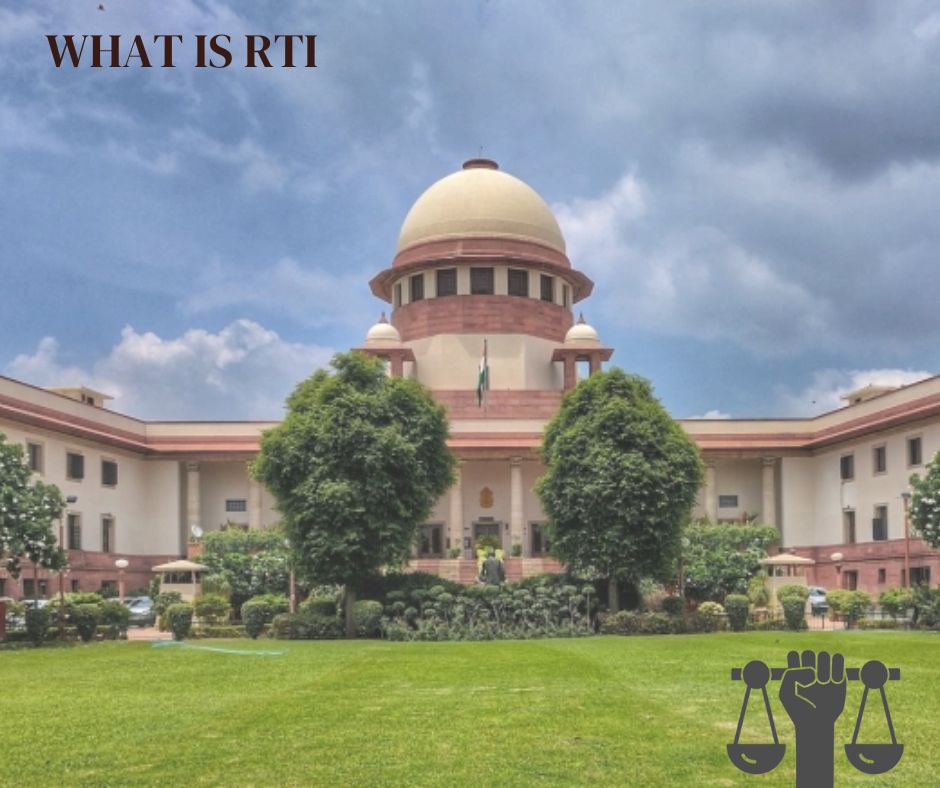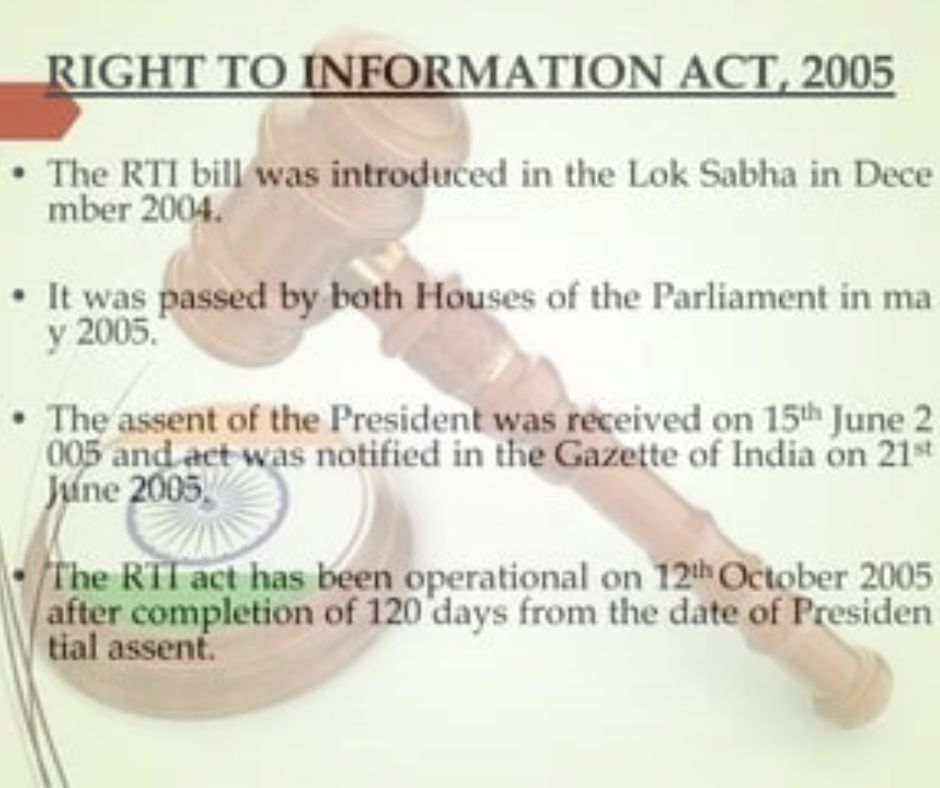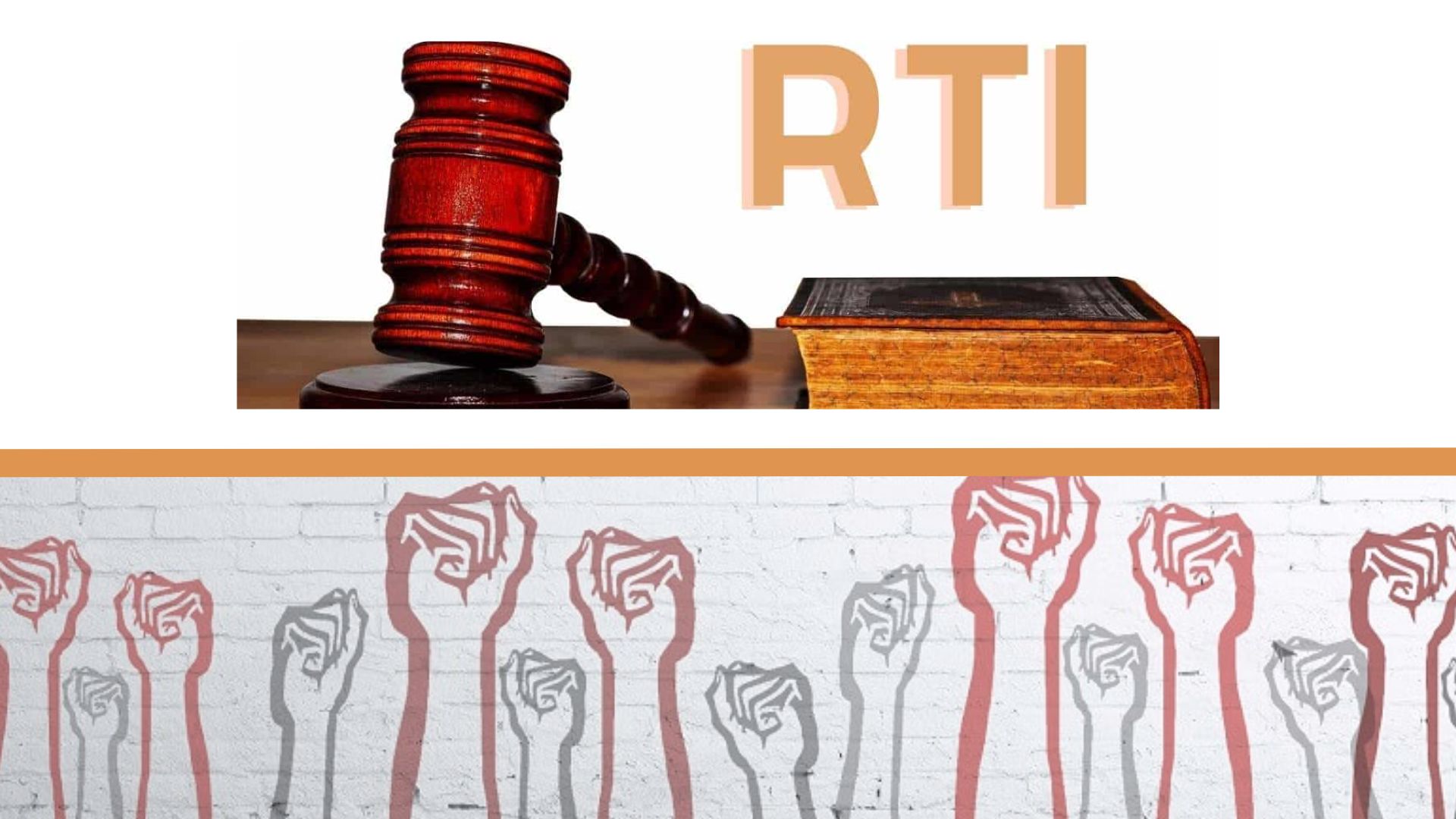As law students, especially those pursuing BA LLB at SMS Varanasi or other institutions in India, you stand at the threshold of a career that holds the potential to effect substantial change. One powerful tool at your disposal is the Right to Information (RTI) Act 2005.
This legislation, often termed the backbone of legal activism in India, empowers citizens to seek transparency and accountability from public authorities. By mastering the use of RTI, you can not only make a name for yourself but also significantly advance your career while contributing to societal betterment.
Understanding RTI and the RTI Act 2005

The RTI Act 2005 was enacted to promote transparency and accountability in the workings of every public authority. It grants citizens the right to access information held by government bodies, ensuring that democracy functions more effectively.
The essence of the RTI is encapsulated in its ability to dismantle the walls of secrecy, which have long hindered the public’s right to know.
The Power of Legal Activism through RTI

Legal activism is the use of legal tools and principles to bring about social change. The RTI Act 2005 is a cornerstone of such activism in India. By utilising RTI, you can expose corruption, hold authorities accountable, and bring issues of public interest to light.
It serves as a democratic weapon for the ordinary citizen and a potent instrument for the aspiring lawyer.
Steps to Effectively Use RTI

- Identify the Information Needed: Determine what specific information you require and which public authority holds it. Clear and precise requests are more likely to yield the information you seek.
- Drafting the RTI Application: Write your RTI application in a clear, concise manner. Mention the RTI Act 2005 and ensure you ask for specific documents or information. The application should include your contact details, the name and address of the public authority, and a detailed description of the information requested.
- Submitting the Application: Submit your RTI application to the concerned Public Information Officer (PIO) of the relevant department. This can often be done in person, via post, or online, depending on the public authority’s provisions.
- Follow-up: After submission, keep track of the response timeline. The RTI Act mandates a response within 30 days. If the information is not provided within this period, or if you receive an unsatisfactory response, you can file an appeal with the higher authorities specified in the Act.
How Can Law Students Use RTI?

- Start with Your Campus: Use RTI to request information about your own educational institution. This could include details on funding, faculty recruitment, or infrastructure development. Such exercises not only hone your skills but also make a direct impact on your immediate environment.
- Explore Local Issues: Engage with local governance issues by filing RTIs about municipal corporations, public works, or local welfare schemes. This can highlight inefficiencies and pave the way for improvements in your community.
- Collaborate with NGOs: Many non-governmental organisations (NGOs) actively use RTI for their work. Collaborate with these entities to learn practical applications and contribute to larger causes.
- Public Interest Litigations (PILs): Information obtained through RTI can be crucial in filing PILs. As a law student, engaging in such activities not only builds your resume but also positions you as a proactive member of the legal community.
How You Can Use Right to Information to Make a Name for Yourself?
To establish a reputation through RTI and legal activism, consider the following:
- Research and Specialisation: Focus on specific areas such as environmental law, human rights, or public policy where RTI can be particularly effective. Deep knowledge in these areas can make you a sought-after expert.
- Publish Your Findings: Write articles or blogs about your RTI findings and their implications. Sharing insights through various media can enhance your visibility and credibility.
- Network with Activists and Journalists: Building connections with seasoned activists and journalists can provide you with mentorship and a broader platform to showcase your work. Collaborative efforts often lead to more significant impacts and recognition.
- Work on Landmark Cases: Aim to be part of cases that set precedents. Whether it’s exposing a major scam or advocating for policy changes, being associated with landmark cases can catapult your career.
How to Use RTI to Advance Your Career As An Aspiring Lawyer?

Mastering the use of RTI and engaging in legal activism can open numerous career avenues:
- Government Positions: Many governmental roles value individuals who understand transparency and accountability. Your RTI expertise can be a unique selling point.
- Corporate Sector: Companies increasingly seek compliance officers and legal advisors proficient in regulatory frameworks, including the RTI Act 2005.
- Academic and Research Opportunities: If you enjoy delving into legal intricacies, academia and research institutions often look for individuals with practical experience in using legislative tools like RTI.
- NGO and Advocacy Roles: Organisations working towards social justice, environmental protection, and human rights often require legal activists. Your RTI skills can make you a valuable asset to these entities.
Conclusion
The RTI Act 2005 is a powerful tool for fostering transparency and accountability in India. For law students, mastering the use of RTI can significantly contribute to legal activism, helping you make a name for yourself while advancing your career.
By using RTI strategically, you can initiate meaningful change, one step at a time, and ensure that the democratic ideals of our nation are upheld. Embrace this opportunity to not only shape your future but also to contribute positively to society.





